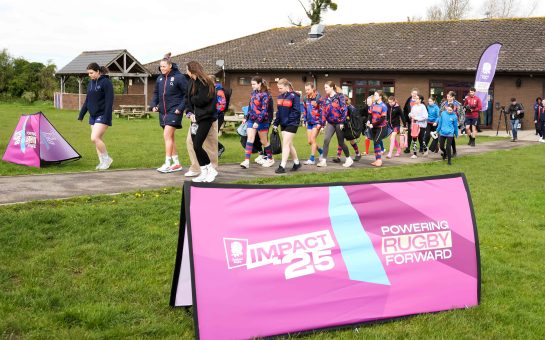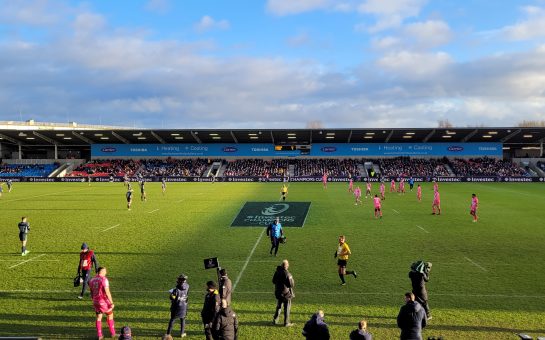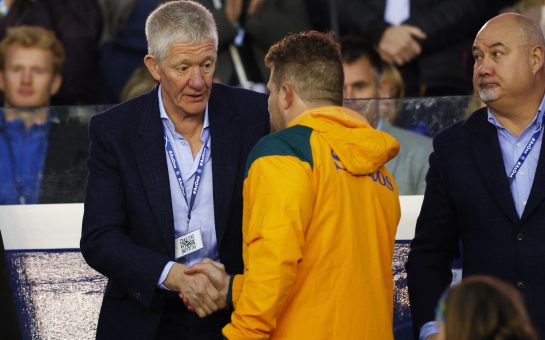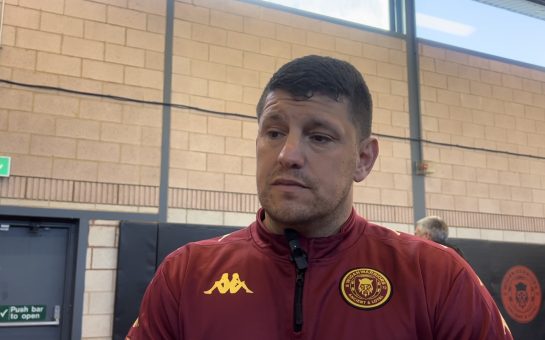A doctor researching the role of genetics in rugby concussion injuries at Manchester Metropolitan University says findings could help elite athletes get over potentially career-ending injuries more quickly.
Dr Alun Williams, who specialises in sport and exercise genomics, will lead a team of academics and PhD students as part of the RugbyGene project examining the DNA of elite rugby players.
There have been many high profile cases of concussion recently including Ireland’s Johnny Sexton and Wales’ George North, both taking time out of the game to recover from multiple concussions.
The findings could help doctors, physiotherapists and coaches to aid their recovery and Dr Williams hopes the outcomes of the research will go beyond professional sports people.
“There is already a strong genetic basis for choosing sport early on in life so genetics could confirm the things we already know about our abilities,” he told MM.
“This research will allow people to make a more informed decision on what sport they are best suited to.
“This could affect the everyday man and woman, not just professional sports people. It’s important to get more people more active more often.”
A report released by the England Professional Rugby Injury Surveillance Project earlier this year revealed that the incident rate for concussion in Premiership matches had risen by 59% in the last season.
According to World Rugby concussion guidance, the effects of concussion include temporary loss of consciousness, seizures and behavioural changes.
Dr Williams, who used to play rugby at London Welsh, said although the average professional rugby player is 1.7 stones heavier than they were twenty years ago the increase in concussions isn’t just down to the size of the players.
“Concussion numbers have risen but my feeling is that this is down to increased awareness and the safety measures in place,” he said.
“There is more chance of injury because the game is more physical.
“The forces involved and the change in momentum are at higher levels than they were twenty years ago.”
Dr Williams says that the likelihood of getting concussed, showing symptoms and ease of recovery are all determined in part by genetics.
The research team are investigating whether they can identify the particular genetic markers that may identify players who are at greater risk.
Stay up to date with the project by following @RugbyGeneStudy on Twitter.
Image courtesy of Paul Heyes, with thanks



